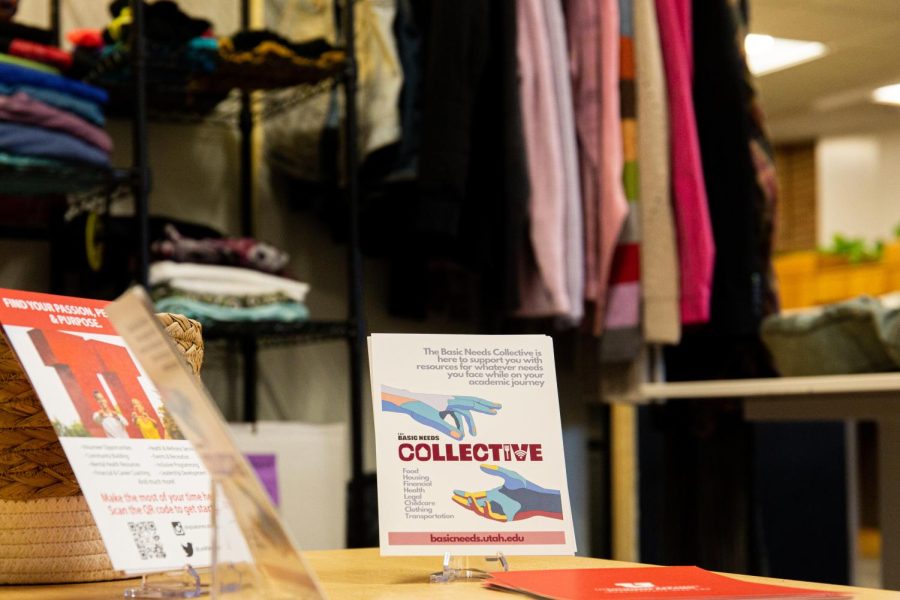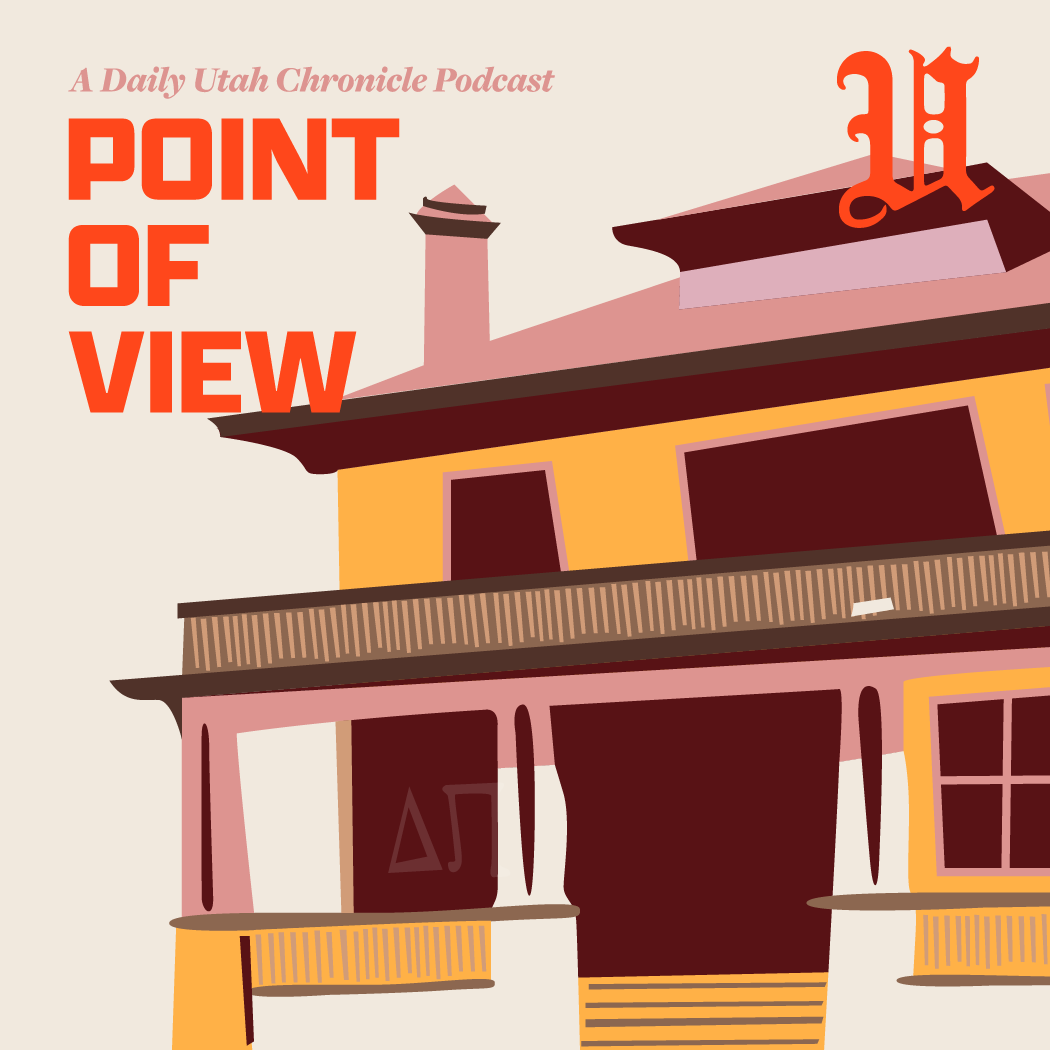[vc_row][vc_column][vc_column_text]When the time for a physical or routine check-up comes around, we often find ourselves trapped in a blur of frenzied moments: a urine sample here, two coughs there, and often, just a few moments with the doctor before the nurse takes over. These appointments often feel like nothing more than a business meeting, with hospital waiting rooms as chaotic as the New York Stock Exchange on a Monday morning. Is this really the way it should be? Healthcare in America, like any institution, requires reform and re-evaluation. One area of potential improvement in our healthcare system is that of social medicine.
ALSO IN OPINION: MARIJUANA POSES LESS OF A THREAT THAN ALCOHOL
Social medicine involves the instruction and application of good bedside manner and compassionate communication with patients and teaches aspiring physicians to work effectively with other medical professionals. These are intrinsically valuable skills, and one would assume the list of requirements for incoming pre-med students would reflect their importance. But social medicine is no longer a class requirement, and such a change occurs at the detriment of patients and doctors alike.
According to the U’s School of Medicine website, the required premedical coursework involves classes in chemistry, physics and biology, to no surprise. But the list also includes at least one course in the social sciences (history, economics, anthropology, etc), writing, humanities and diversity. These courses are no less important to becoming an understanding and successful medical professional, but you’ll notice that social medicine is glaringly absent.
Perhaps the most obvious advantage to a social medicine class requirement is how it benefits the sick. It’s not surprising that patients of any kind, myself included, appreciate feeling respected and understood during encounters with medical professionals. There often seems to be a rift between doctors, equipped with copious knowledge and medical jargon, and the patients who are searching for answers. The increasing business-like nature of health care isn’t helpful either; patients have become clients, and treatments are offered and advertised like products.
Doctors often only visit patients for a few minutes at a time, hoping to see as many as possible in a day. Increasing the time and nature of check-ups allows patients to cultivate a meaningful relationship with their healthcare providers and provide further exploration of the influence of social environment on health.
Our understanding of disease and health is always growing and evolving, and it’s becoming increasingly apparent that the way we choose to live has an effect on our physical health. What we eat, drink, smoke and stress about can increase our likelihood of developing certain diseases, and being able to share these details alongside physical symptoms can make diagnoses more in depth and successful.
A TIME article even reports that “75 percent of pharmacists and nurses prefer not to confront difficult physicians to ask about potential medication interactions or errors in the prescription,” something that could possibly result in patients taking the wrong quantity or type of drug. Being equipped to work with other medical professionals is also crucial — the same article posits that incivility between doctors in the O.R. can decrease health outcomes and increase the risk of death in those being operated upon.
Social medicine was truly born when medicine became more than urine samples and physicals. Although technology is radically beneficial, we’re also beginning to realize the multifaceted nature of health and the various ways our way of life affects it. Health isn’t solely comprised of signs and symptoms, but of our habits, behaviors and our ability to communicate such information with the health care professionals around us. Health today has evolved from a strict, authoritative medical presence to doctors and patients working alongside one another to find lasting solutions to problems, and our standards for doctors should reflect that.
[/vc_column_text][/vc_column][/vc_row]









